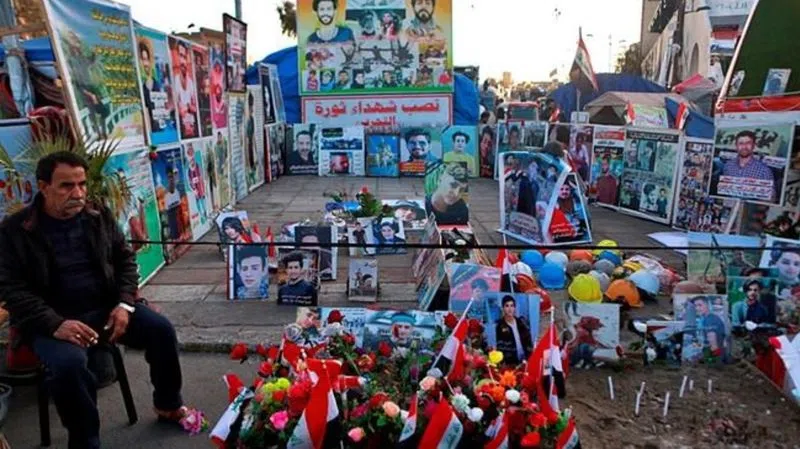
US general slips into Iraq for talks to salvage relations
The top U.S. commander for the Middle East slipped quietly into Iraq Tuesday, as the Trump administration works to salvage relations with Iraqi leaders and shut down the government’s push for an American troop withdrawal.
Marine Gen. Frank McKenzie became the most senior U.S. military official to visit since an American drone strike in Baghdad last month killed a top Iranian general, enraging the Iraqis.
McKenzie met with Iraq leaders in Baghdad and then went to see American troops at al-Asad Air base, which was bombed by Iran last month in retaliation for the drone attack. Later, he s aid he was “heartened” by the meetings, adding, “I think we’re going to be able to find a way forward.”
His visit comes amid heightened anti-American sentiment that has fueled violent protests, rocket attacks on the embassy and a vote by the Iraqi parliament pushing for withdrawal of U.S. troops from the country. And it raises questions about whether the appearance of a high-profile U.S. military commander could spur compromise, or simply inflame tensions and scuttle ongoing negotiations to put Patriot missile batteries in Iraq to better protect coalition forces.


